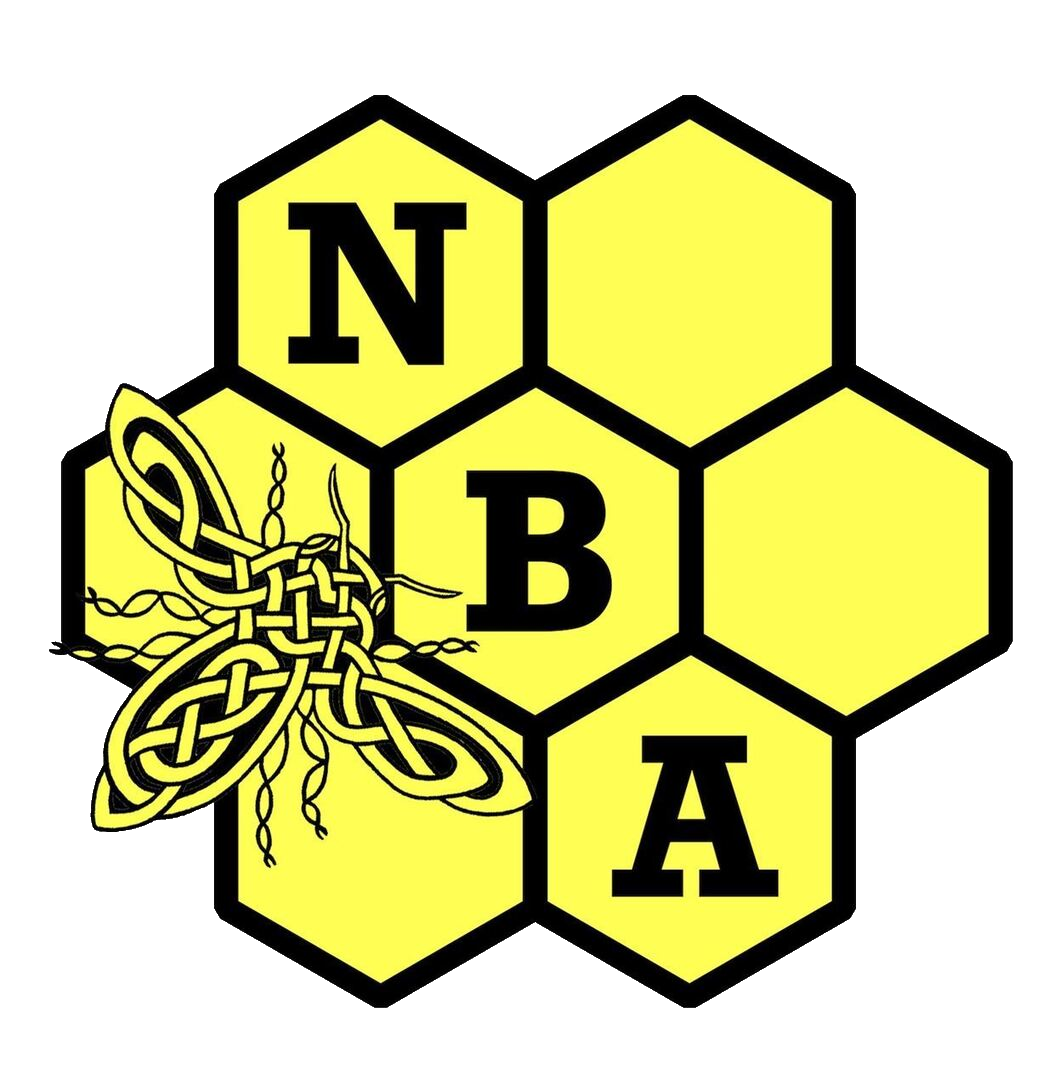The following is a notice issued by the Scottish Government Bee Health Team for beekeepers across Scotland.
We are contacting you to inform you of an outbreak of American Foulbrood (AFB) in the Stanley area of Perthshire. This is the first finding of AFB in Scotland this year.
This outbreak concerns a single hive and was first reported to the Scottish Government by the beekeeper, with the disease being confirmed by SASA on the 5th of April 2024.
In this instance, the beekeeper suspected disease after the colony died during the winter months, which highlights the importance of investigating die outs. The hive and all infected equipment will be destroyed by fire following confirmation of the disease.
The beekeeper concerned has been informed of the official confirmation of the disease. They are fully cooperating with the Scottish Government bee health inspectors. All other remaining colonies in the apiary will be inspected by the Scottish Government Bee inspectors as soon as possible. Restrictions are in place in the apiary. We are working with the beekeeper to identify the possible origin of this outbreak as well as any possible spread of disease.
Beekeepers within 3 km from the infected apiary will also be alerted of this outbreak via BeeBase.
What does this mean?
This is an informative announcement to raise awareness of key points. There are no subsequent restrictions in the area as a result of this finding other than those in place for the infected apiary.
Next Steps
Please can beekeepers also be reminded of the need to acquaint themselves with the symptoms of foulbrood diseases and how to carry out a full foulbrood inspection. All beekeepers should carry out at least one foulbrood inspection a year, but we recommend more frequent inspections for those in areas where disease has been confirmed.
If there is any suspicion of AFB, or European Foulbrood (EFB), there is a legal requirement to notify the Scottish Government Honey Bee Health Team on bees_mailbox@gov.scot
Strict bio-security is the best prevention to avoid infection, especially for beekeepers who are located within the outbreak area. Swarms of unknown origins should be isolated in a quarantine apiary and inspected for signs of disease before they are brought into contact with other colonies.
Winter die outs should be examined and causes of death attempted to be established.
Extreme care should be taken with old and second-hand equipment. Such equipment should be thoroughly cleansed and sterilised before re-utilising.
In addition, we would like to emphasise the importance of registering and keeping the locations of apiaries up to date in BeeBase. This will allow the Scottish Government Bee Health Team to assess if there has been a risk of disease spreading to their bees. This is all the more important for those beekeepers who find themselves within the area where the outbreak has been confirmed.
Free registration to BeeBase is available at the National Bee Unit website. Registration on BeeBase also ensures that other beekeepers in an area are automatically alerted to disease outbreaks.
Additional information can be found on the following web pages:
· Foulbrood – how to spot and report the disease
· Honey bee health guidance
If you have any questions, please do not hesitate to contact us at:
Bees_Mailbox@gov.scot
Thank You
